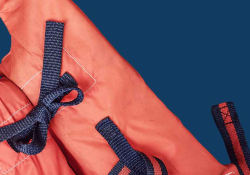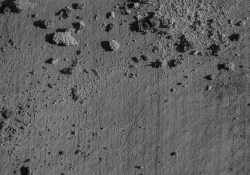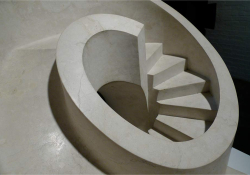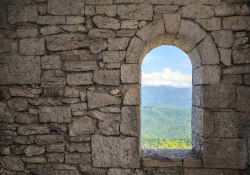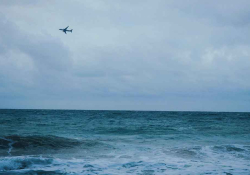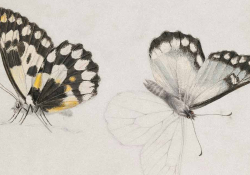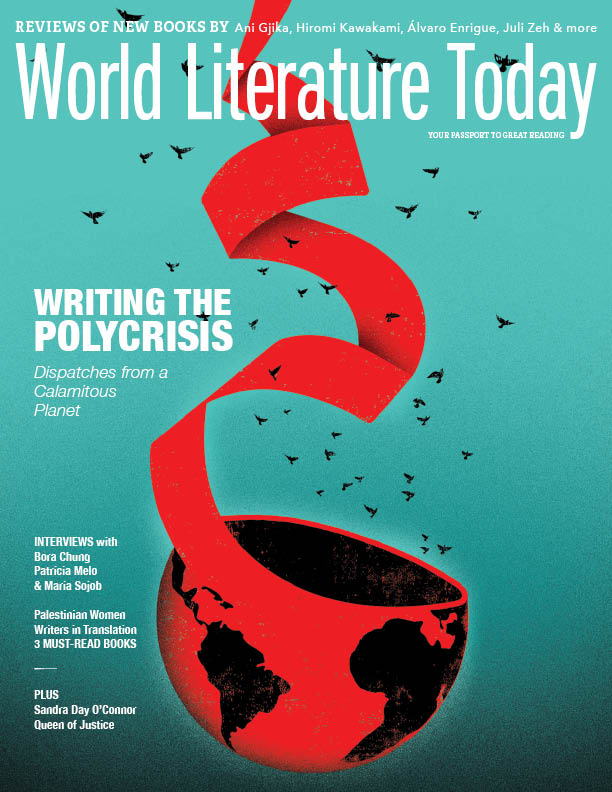Dead Horse Bay
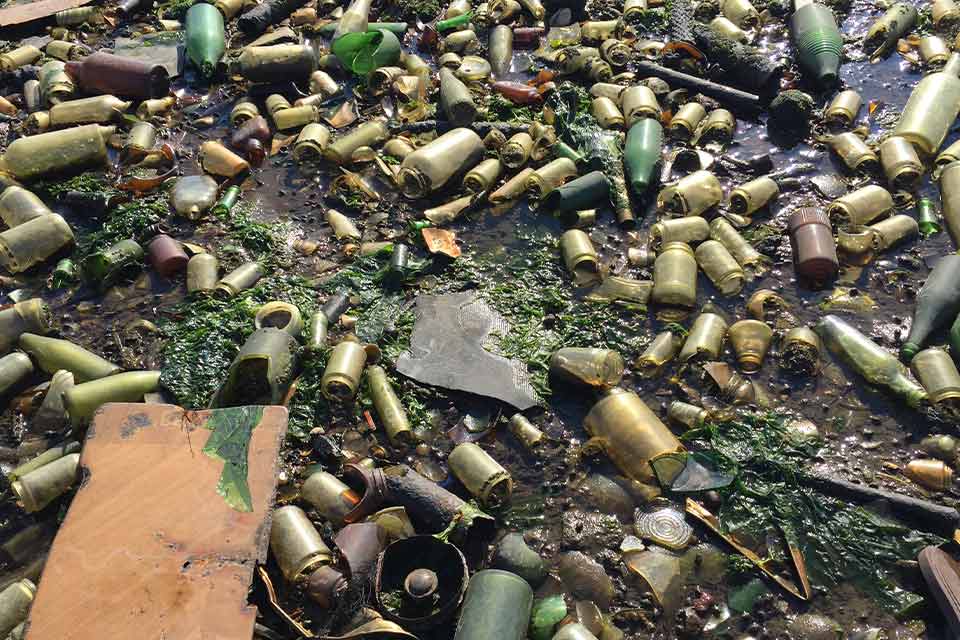
1.
One morning I left home and took the Q35 down to Brooklyn.
On the phone, the blue path showed me the way to Barren Island, a man-made peninsula that sits on an old landfill.
I got off just before the bridge that leads to the less popular shores of Queens.
The path to the bay was narrow and overgrown.
I was cold, but filled with desire.
A rounded stone stood out from the bushes as the only vestige of a wheat mill built by Dutch settlers in the seventeenth century.
The beach was a trove of objects sprouting out of the ground.
Countless bottles, frayed rags, shoe soles, toy parts, rusted frames covered in gulfweed.
What had I come to find within this garbage heap?
What was I doing in this place, grazing my fingers with the debris of another time?
2.
Green bottles. Amber bottles. Crystalline bottles. Broken bottles.
Bleach bottles. Bottles from the nineteenth century. Bottles from the twentieth century.
Perfume bottles and bottles of nail polish. Medicine bottles. Bourbon bottles.
Bottles that belonged to artists and bottles that belonged to high school teachers.
Bottles of the Federal government. Bottles from displaced immigrants. Bottles of arsenic.
3.
The entire afternoon I wandered the beach with collectors, photographers, and treasure hunters.
Shivering, I dug out from the rocks the miniature porcelain head of a woman and some marbles, worn down by the waves.
For a moment I was in a movie, the sole survivor of a mass extinction.
To my left, the sea. To my right, the highway. At my feet, the scene of an undeniable future.
With every storm, the sand spits out another layer of refuse.
The following days bring new waves of visitors who believe beach cleanup is honorable labor.
(Someone always has to keep in motion the cycle of objects.)
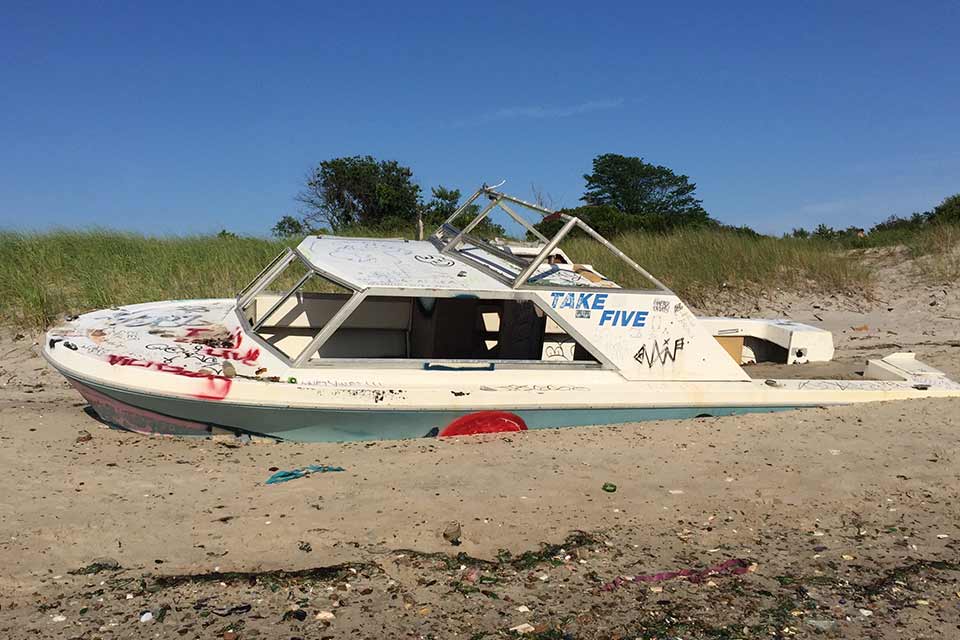
4.
In the free circulation of commodities, there is no center or edge. We are all part of the same untraceable sludge.
Lead from discarded batteries seeps into the water in the same way that capital floods the landscapes of our childhood.
I want to be the first to digest this gigantic iceberg of nylon, glass, and metal.
This world modifies us, we are just one of its painful mutations.
5.
Before it was turned into a landfill, there used to be a glue factory here.
Bodies of horses arrived from all parts of the city, having collapsed in the street after years of slavery and exhaustion.
To extract collagen, they boiled bones, hooves, skin, tendons, and cartilage. After repeating the procedure several times, a yellow paste was bottled and put on sale.
The rancid odor of the fumes generated caused illness in the nearby working-class neighborhoods and could be felt even in the eastern reaches of the city.
It was in those years that the area gained its name, Dead Horse Bay.
Even today you can find cut femurs, broken jaws, or hip bones bleached by the sun.
6.
Bottles still intact under the sand and mud. Bottles covered in algae.
Bottles among the propellers of abandoned boats.
Bottles among the carcasses of manta rays. Bottles under the claws of horseshoe crabs.
The clink of bottles swaying in the tide.
This is the result of what we are, a land of glass shattering with each downpour.
Editorial note: From The Coming Desert / El próximo desierto, forthcoming from Alliteration Press in 2024. The Women in Translation Project (WIT) is based at the University of Wisconsin–Madison.


